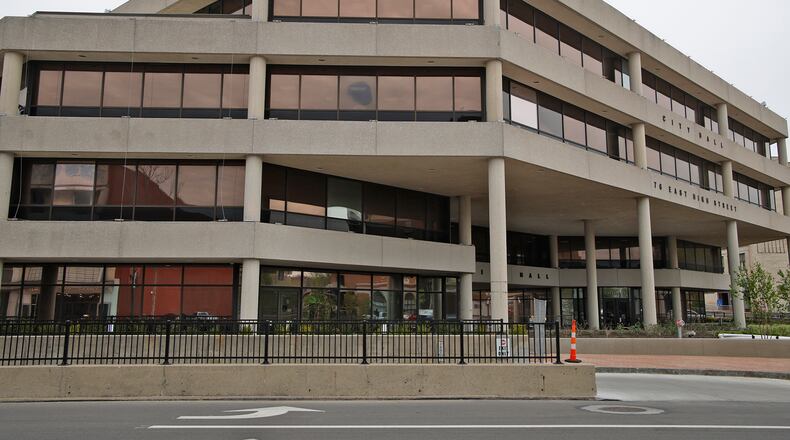The most recent meeting was no exception, and both sides were represented in the public forum.
Diana Daniels has made it a personal mission to attend commission meetings to keep the issue of immigrants on the radar of city officials. She attends every meeting and has accused immigrants of displacing natural born citizens in the workplace and creating a crisis in affordable housing.
Gary Armstrong has also been a frequent voice, focusing his remarks on the exploitation of renters by landlords who have driven up rental costs and violate laws by overcrowding rental properties. He urges commissioners to inspect rental units to enforce city and state codes and suggested a fee be charged to landlords who do not occupy their property.
City leaders have expressed frustration with their inability to address such issues and say their hands are tied.
At the most recent commission meeting, the concerns of Daniels and Armstrong were supported by other city residents.
Karen Manning was the first to address commissioners when they opened the session to public comment Tuesday evening.
“You have to know by now how angry residents of the city are because of the immigrants,” she began, before offering multiple examples of problematic behavior she attributed to Haitian refugees, such as thefts from stores, pick pocketing and reckless driving. “We want to know what you are doing to address our complaints because it seems like no one is doing a damn thing.”
Bill Monaghan took city officials to task for what he called a “dismissive and cavalier attitude openly displayed toward local people and the raw deal they are getting.” He asked officials to detail any plans they have to address the concerns and cautioned “things are not going to go well if you impose things on people whose interests you are charged to represent without letting us know what the plans are and giving us a voice in the process.”
Mayor Rob Rue addressed Monaghan’s remarks, indicating the city has invited representatives from the Clark County Combined Health District to a July meeting of the city commission to share data from their research on immigrants now residing in the city. He predicted the report will “not satisfy everyone” and will be “eye-opening.”
Rue also noted the city established an investigatory Immigrant Awareness Task Force to pursue concerns and explained federal and state regulations prevail on many of the issues being cited.
City officials have repeatedly said the Haitians who have moved to Springfield are here legally and have Temporary Protected Status from the federal government, meaning the law allows them to stay in the country temporarily. They have fled Haiti following political turmoil and gang activity. Subsidies for rental assistance are among the benefits funded through federal dollars, not local funds.
While some states permit rent control, Ohio law prohibits municipalities from establishing caps on rental prices by landlords, Rue said.
City officials have pursued solutions and support from both state and federal representatives to address the difficulties the city has encountered as the number of Haitian immigrants has expanded the city’s population by an estimated 10,000 to 12,000. As a result, community social services, schools and other resources have been strained to address their needs.
In response to those speaking against the immigrants, Marceeta Jeffrey, who is Black, took the podium to offer a rebuttal.
“I came here to say some things positive about the Haitians. I love them as my neighbors … a lot of the things I hear going on here remind me of when I was little, and we were not allowed to go certain places here,” Jeffrey said. “I feel all that hatred coming back.”
She spoke warmly of a Haitian family who now lives across the street from her, expressing appreciation for their hard work in improving their home, caring for their children, going to jobs every day and building community with others.
“If you want this rectified, this is not the forum,” she said. “Go higher up in the government. Tell them to help the Haitians at home. They don’t want to be here. They would much rather be at home with their family, raising their children at home in their own culture. I’m quite sure of that … If some of you would stop hating and feeling like they’re getting a better job or better deal than you … you’d find out that they are just humans trying to make their way.”
At the conclusion of the meeting, City Commissioner Crystal Brown shared a heartfelt request.
“I beg and plead all of our citizens to see each other, see the humanity in each other, and seek some common ground. There’s got to be a way we can solve this together.”
About the Author
